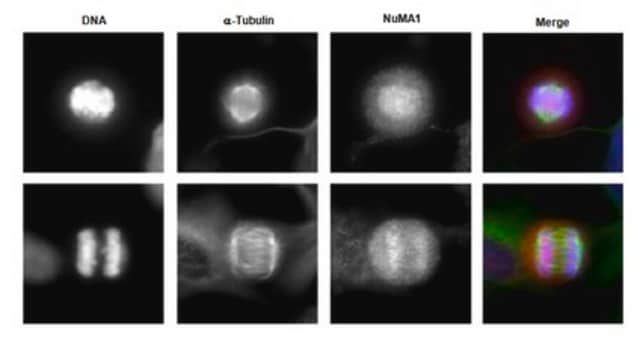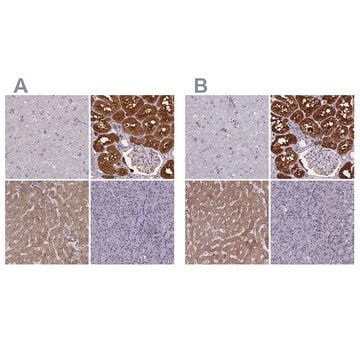すべての画像(2)
About This Item
実験式(ヒル表記法):
Cu
CAS番号:
分子量:
63.55
MDL番号:
UNSPSCコード:
12141711
PubChem Substance ID:
NACRES:
NA.23
おすすめの製品
アッセイ
99.95%
形状
foil
メーカー/製品名
Goodfellow 415-421-18
抵抗性
1.673 μΩ-cm, 20°C
bp
2567 °C (lit.)
mp
1083.4 °C (lit.)
密度
8.94 g/mL at 25 °C (lit.)
SMILES記法
[Cu]
InChI
1S/Cu
InChI Key
RYGMFSIKBFXOCR-UHFFFAOYSA-N
詳細
For updated SDS information please visit www.goodfellow.com.
法的情報
Goodfellow製品
試験成績書(COA)
製品のロット番号・バッチ番号を入力して、試験成績書(COA) を検索できます。ロット番号・バッチ番号は、製品ラベルに「Lot」または「Batch」に続いて記載されています。
Donita C Brady et al.
Nature, 509(7501), 492-496 (2014-04-11)
The BRAF kinase is mutated, typically Val 600→Glu (V600E), to induce an active oncogenic state in a large fraction of melanomas, thyroid cancers, hairy cell leukaemias and, to a smaller extent, a wide spectrum of other cancers. BRAF(V600E) phosphorylates and
Jonas Duus Stevens Lekfeldt et al.
Environmental pollution (Barking, Essex : 1987), 194, 78-85 (2014-08-06)
Copper (Cu) is known to accumulate in agricultural soils receiving urban waste products as fertilizers. We here report the use of the leucine incorporation technique to determine pollution-induced community tolerance (Leu-PICT) to Cu in a long-term agricultural field trial. A
Julie E Gleason et al.
Proceedings of the National Academy of Sciences of the United States of America, 111(16), 5866-5871 (2014-04-09)
The human fungal pathogens Candida albicans and Histoplasma capsulatum have been reported to protect against the oxidative burst of host innate immune cells using a family of extracellular proteins with similarity to Cu/Zn superoxide dismutase 1 (SOD1). We report here
Alina Fedoseienko et al.
Annals of the New York Academy of Sciences, 1314, 6-14 (2014-04-05)
Copper is an important cofactor in numerous biological processes in all living organisms. However, excessive copper can be extremely toxic, so it is vital that the copper level within a cell is tightly regulated. The damaging effect of copper is
Adam Southon et al.
Metallomics : integrated biometal science, 5(10), 1346-1356 (2013-08-02)
Copper (Cu) is an essential redox active metal that is potentially toxic in excess. Multicellular organisms acquire Cu from the diet and must regulate uptake, storage, distribution and export of Cu at both the cellular and organismal levels. Systemic Cu
ライフサイエンス、有機合成、材料科学、クロマトグラフィー、分析など、あらゆる分野の研究に経験のあるメンバーがおります。.
製品に関するお問い合わせはこちら(テクニカルサービス)



